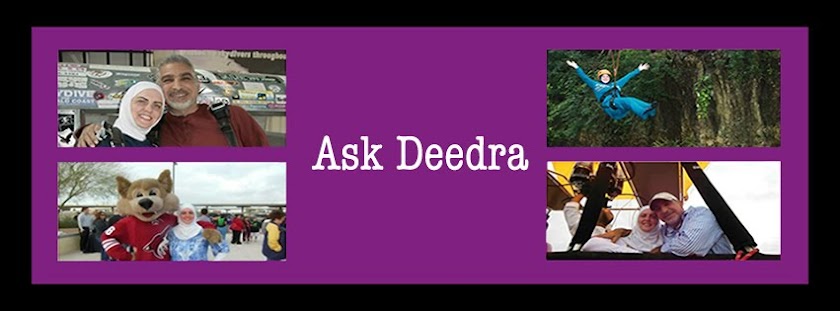When I was fifteen and living in Arkansas, a friend of mine and I decided to
“borrow” her stepfather’s car in the middle of the night and drive around.
I cannot say exactly why we did it. We were basically good
kids. She was all about boys and I was all about “being a good friend.” She
would come up with ideas, and I would figure out how to make them work.
She wanted to go see her boyfriend in the next town. We came up with a plan. I would sneak out of
my house and walk the couple of miles under cover of darkness to her home. She
would pass the keys to the car out of her bedroom window; I would start the car
and drive it down the block. If no one woke up, she sneaks out of the house and
joins me. If anyone woke up, she would stay innocently in her bed . . . leaving
me, alone, to deal with the consequences.
Somehow that part did not sink in for me.
All went according to plan. No one woke up. We drove to the
next town and picked up her boyfriend. We then drove around and picked up more friends, and then yet another friend, who was a
licensed driver and had her own car, to join in our little convey.
We did not really have a plan except to just “hang out” -
but where to hang out after midnight?
Someone came up with the bright idea to go to a public park
in the middle of a small forest. Unfortunately for us, no one knew a law
existed making it illegal to be in a public park after midnight – and the
lovely park we chose was right across the street from a police station.
We drove into the park . . .
and two police cars drove in right behind us.
Busted!
The officers put us all in the back of their police cars - four
in one car, two in the other. They asked
for our parent’s phone numbers and the police station called our parents to
come pick us up.
The officers began to tell us they could arrest us, take
us to jail, and even the “Whitehall” Juvenile Detention Center [facility no longer functioning under that name]. They had the real “good cop” “bad cop”
routine down.
They began to tell us the story of “Whitehall.” According to them, almost verbatim:
Kids are then given detention
uniforms to wear, even underclothes that were laundered after others had worn
them, and escorted to a cell.
The cell will have a roommate. The
roommate will rape you every night. You will either fight back at first. But
eventually you will learn to submit, unless you are a really good fighter.
I remember the officer asking us how we thought our parents
would react. I said my mother would be livid. I told the officers my mother
used to be a County Deputy Sheriff. They asked her name. I gave it. They told
me I was a liar - that no one by that name had ever been a Deputy Sheriff
there.
I was not really listening. I was more afraid of what my
mother would do when she got a hold of me.
That was one of the scariest times of my life.
When my mom arrived, I actually started crying.
My mother was not abusive but she did believe in both
spanking and grounding. Unlike so many kids today, my sisters and I believed in
my mother’s punishment - so just the threat of it was usually more than enough.
I had never done anything this bad before. None of my
sisters had either – at least not caught.
I got in the car with my mother. She said nothing.
I knew she was so mad. She talked to the officer a bit. The one highlight was
that she told him she used to be a County Deputy Sheriff. I at least felt
vindicated because it was the same officer that had called me a liar.
My mother drove me home in silence. We got home and went to bed, silence. The next morning my mother made sure I went to school, despite very little sleep. I got grounded but nothing else was said or done. I think my mother understood that what I had experienced was enough.
I understood I did wrong. I understood it could have turned
out very badly for me – arrest record, conviction, and jail. I understood the
officers were just trying to “scare me straight.”
But I got a different point out of the “Whitehall” story than intended.
I was stuck on the acceptance of what happens to kid at
“Whitehall.”
How could adults, members of the justice system, know this
happens and not be outraged?
Kids get in trouble, become wards of the state, and this is
how the state allows them to be treated?
How could this treatment, under the justice system’s watch,
be appropriate punishment?
How could adults possibly think this kind of conduct would
not contribute to more psychological problems for kids? That this type of experience would actually contribute to delinquency.
Talk about setting kids
up for failure!
Was it an exaggeration? I have no doubt that it was. Maybe
not every kid in detention would have this experience.
But even just one instance made it unacceptable to me.
I never got in trouble again, but I also never forgot the
lesson in injustice from that night.


No comments:
Post a Comment